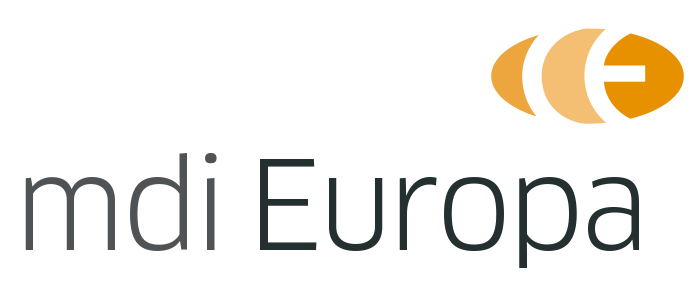Despite warnings about hold-ups at Notified Bodies and products failing to be certified under the new Medical Devices Regulation (EU) 2017/745 (MDR) and In Vitro Diagnostic Medical Devices Regulation (EU) 2017/746 (IVDR) in time, the European Commission is confident that things are on track.
The European Commission has declared that any regulatory problems which have appeared are resolvable and that it is happy about the rate at which new structures and guidance are being introduced and are confident that there will be a fully operational EU system in place in May 2020. It said that there have been 39 applications by Notified Bodies under the MDR and 10 under the IVDR and it is expected the numbers will increase as the deadline gets nearer. New structures, like expert panels, progress on preparing forms, clarifying rules with member states and developing guidance for all stakeholders with the Medical Device Coordination Group (MDCG) will lessen the burden of work for Notified Bodies.
Opposite Position of MedTech Industry
The grace period for MDD certificates is not the resolution to the Notified Body bottleneck.
Contrary, industry insists that the new regulatory system has to be operating months before the deadline to make sure that all the medical devices that are on the market at the moment can undergo a compulsory 3-9 months re-certification process. The grace period for MDD certificates is not the resolution to the possibility that products may not be certified under the new Regulation (2017/745) soon enough. The grace period has two essential flaws, the first being that numerous health-care-critical product categories are not entitled to the grace period and no European solutions have been offered to keep these devices available after 26 May 2022 and secondly, in reality, the grace period for those medical devices that are eligible will not function because the certification groups are not able to process all the files early enough.
Source: Medtech Insight (an Informa product)





